Data Literacy is Not One Size Fits All
/“You don’t have to be a data scientist to be data literate.”
In fact less technical colleagues are welcome to help narrow the data literacy gap! As I mentioned in my last post, there are 2.5 quintillion bytes of data created daily. I love Chartio’s view of the current BI landscape - The world has gotten really good at collecting data, now the largest bottleneck is our ability to understand the data and make informed decisions based on it.”
“You don’t have to be a data scientist to be data literate”
There’s a lot of data to process and most companies have been hiring the most technically oriented people they can find to build armies of analytics and data science teams to analyze data. The one thing they have ignored is the data professionals’ ability or desire to communicate with a general audience.
“The world has gotten really good at collecting data, now the largest bottleneck is our ability to understand the data and make informed decisions based on it.” — Chartio’s view of the BI landscap
I’ve worked on several analytics teams and while I choose to champion the capabilities of data, I’ve seen my peers struggle working with business teams or fall short in explaining their analysis. I’ve also found the expectations placed on analytics teams to be unrealistic at times. Analysts are expected to wrangle data, analyze it in the context of knowing the business and its strategy, make charts and present them to business stakeholders with short turnaround times. Wash, rinse and repeat.
The bump in the data road lies right at the last mile - when it comes time to explain the analysis to decision makers. In a question on Kaggle’s 2017 survey of data scientists, to which more than 7,000 people responded, four of the top seven “barriers faced at work” were related to last-mile issues, not technical ones. Here they are in the word cloud below.
I’ve experienced all of the above; I can assure you all that it’s not fun. What I have come to realize is that data is not just for the uber technical. The opportunities in data can be harnessed by many with liberal arts backgrounds. Before you gasp in disbelief, hear me out. The identified bottleneck has been the ability to understand data and make informed decisions. Combined with the four barriers that have been cited above we need individuals who can narrow the data literacy gap by:
Framing questions correctly
Bringing together cross functional teams to work effectively in analyzing data
Communicating results to decision makers and the public
Analytics teams need all the help we can get at the last mile! While you may have believed that without knowing what an R package is there is no way you can contribute to a data project, you couldn’t be more wrong. When it comes to analyzing and presenting data, critical thinking is crucial. If you’re on the business side of the organization, you are closer to the key performance indicators that the company is striving to obtain. You could potentially be a project manager with a proven track record of meeting deadlines. These are all skills that are much needed to drive data analytics pass the finish line!
One trend that has been growing in data driven organizations is hiring of liberal arts talent. These individuals possess a lot of the key skills needed for analysis - critical thinking and context setting. I like what William Cronon writes in his article, “Only Connect”. He defines a liberally educated person as someone who can:
Data folks, I’m not taking anything away! The data presentation piece of the puzzle needs to catch up to all the advancements we’ve made in ingesting and processing data. These additional talents will complement our teams and the symbiotic relationship will advance our cause. In Scott Berinato’s article, “Data Science and the Art of Persuasion”, he points out that one of the steps to building a better data science operation is to define talent not team members. The core set of talent that Berinato describes is qualities I’ve seen in past teams. They include:
As Berinato pointed out in the article, there’s a difference between talent and team members. A team member can possess a few of the talents listed above. I know that I’ve strived to be an ambassador in my organizations and bridge marketing and analytics folks to move projects along. I’m also very passionate about presenting data insights as a story.
About the Author
Allen Hillery
Adjunct Professor at Columbia University,
Writer and Editor at Nightingale, a Medium.com Publication
Allen serves as part time faculty at Columbia University’s Applied Analytics program. He has extensive experience in developing and executing data analysis and integrating results into marketing programs and executive presentations. Allen is very passionate about data literacy and curates an article series that focuses on the importance of creating data narratives and spotlighting notable figures on how their use of storytelling made major impacts on society.
You can sample his work here: Three Reason Why Storytelling is Important in Business
Follow Allen:
Website: https://medium.com/@alglobehopper
LinkedIn: Allen Hillery
Twitter: https://twitter.com/AlDatavizguy
Publication: https://medium.com/nightingale




